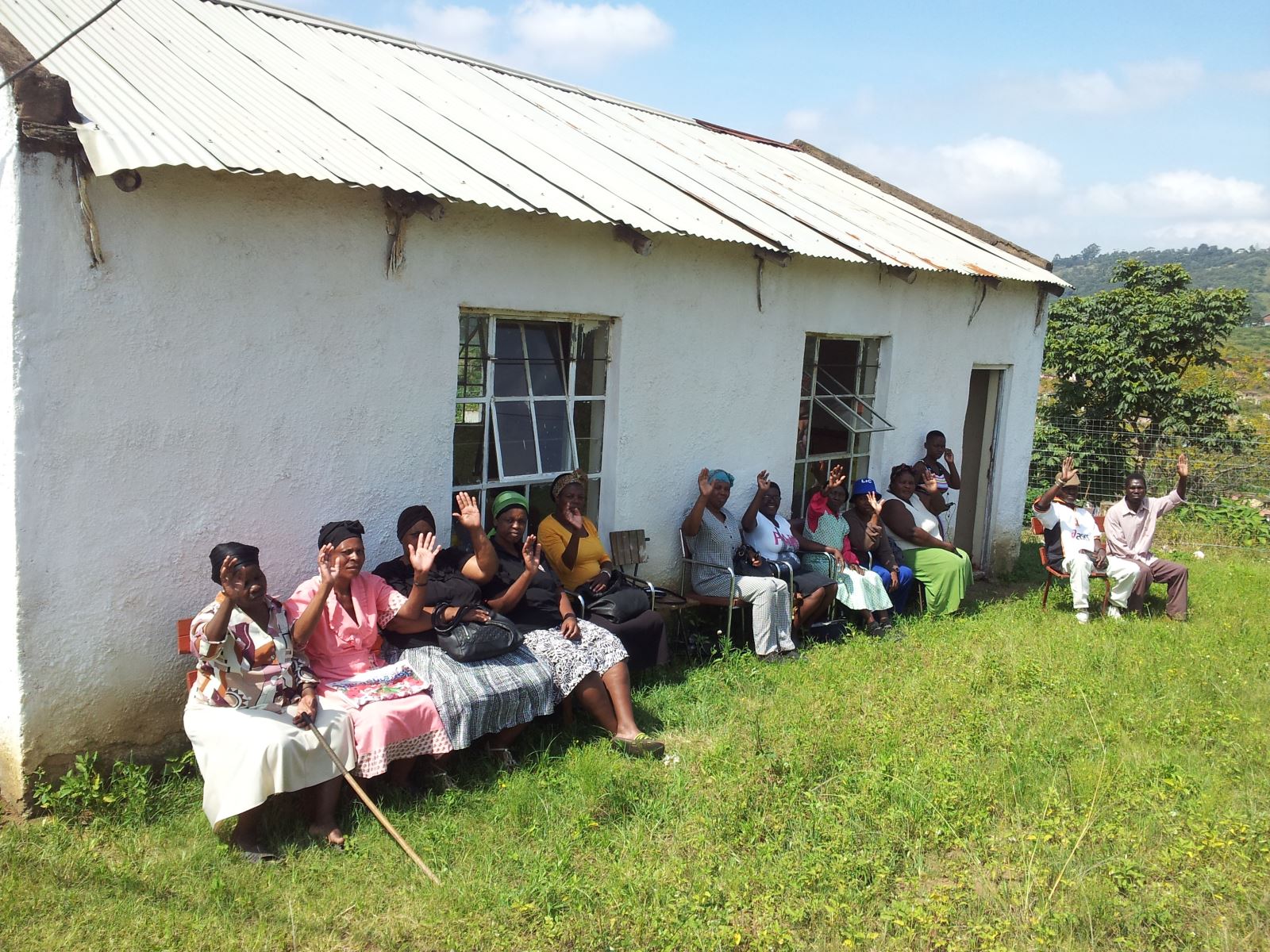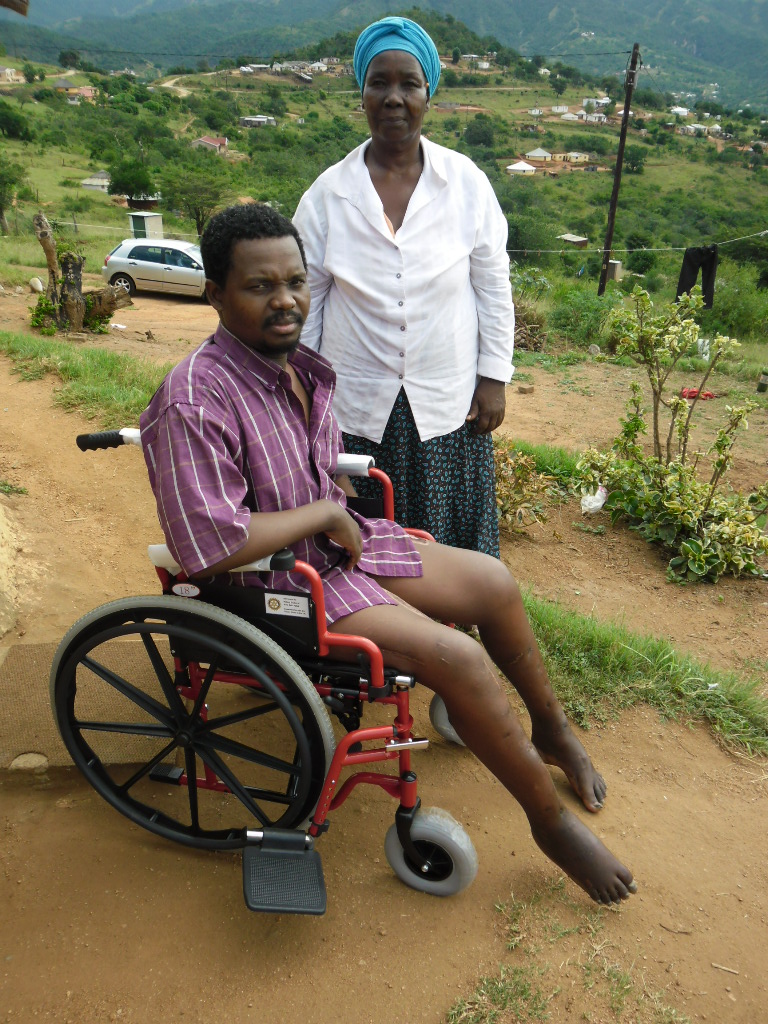
Advice Bureau
The Advice Bureau gives underprivileged and impoverished members of the community free impartial access to social and legal advice and assists clients unable to advocate for themselves in accessing their rightful grants, pensions and other socio-economic rights. The Advice Bureau's move into its own building was reported in the Highway Mail in October 2016.
It is run by two qualified paralegals who have the assistance of a board certified lawyer. Clients are helped with a wide range of issues such as:
Social Insurance Claims:
Pension Funds, Provident Funds, Unemployment Insurance Fund (UIF), Injuries at work, Road Accident Fund
Social Assistance:
Child Support Grant, Foster Child Grant, Disability Grant, Older person's grant, Child Dependency Grant, War Veteran's Grant, Grant-in-Aid, Social Relief of distress.

Labour Issues:
Dismissals, Unfair labour practices, Retrenchments
Basic Rights:
Identity Documents, Birth Certificates - some clients either had their births registered and might also be full orphans, obtaining birth certificates in these instances can be a long and complex process requiring affadavits from several upstanding members of society present and associated with the parents at their birth.

The Importance of an ID in South Africa
Readers who reside in South Africa know how important an ID is to life here: you need it to open a bank account, drive a car, book a bus ticket, apply for a job, or get paid legally. More significantly, a whole host of Government services to which you are entitled are not accessible if you do not have an ID – grants for children, the disabled and the elderly; primary healthcare and non-emergency treatment in a hospital; voting in an election; even sitting a Government exam. Initially, access to a free COVID vaccine required an ID (or passport) until the Department of Health realised that this would not work and so made a special provision for undocumented people.
The Department of Home Affairs which issues IDs thus holds the key to large parts of life. One would hope that they understand the huge moral responsibility that has been entrusted to them.
We know from research that 50% of homeless people in Durban – almost all of whom are South Africans – do not have an ID. In some cases, they were lost; in many cases, they were stolen or destroyed when the police raided their possessions; in a few cases, they have never had one. Home Affairs charge of R140 for a replacement ID.
Our Paralegal staff spend an inordinate amount of time liaising with our local Home Affairs office; we have people waiting in queues from 7am so they will get seen. Now – in a claimed attempt to make the process more streamlined – there will be no queuing outside offices and instead you can book an appointment on line, provided you can go online just after midnight!
|
Enable GingerCannot connect to Ginger Check your internet connection
or reload the browserDisable in this text fieldRephraseRephrase current sentenceEdit in Ginger
Enable GingerCannot connect to Ginger Check your internet connection
or reload the browserDisable in this text fieldRephraseRephrase current sentenceEdit in Ginger